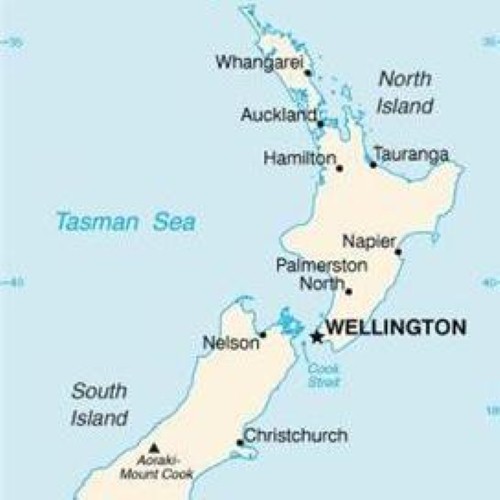Visa protocols allow NZ bikie to remain in AUS
- Details
- Created on Wednesday, 14 November 2012 15:24
- Written by Editorial staff

A New Zealand bikie who has been granted refugee status in Australia has become the subject of more political fighting in Canberra.
News Limited reports that the immigration and citizenship minister Chris Bowen was left red faced after failing to overturn the decision in Federal Court because of his own government's protection visa rules.
The bikie was allowed to remain in Australia after coming here in 2005 as part of a witness protection program, with the tribunal saying that he cannot be returned home because he faces a significant danger in his home country - the court also found that New Zealand wouldn't be able to protect him from harm.
He was charged in New Zealand for assault, drug possession, theft and traffic offences. Due to his bad association with bikies over a drug debt, he was flown to Australia under protection. The man was warned that if he broke the law while in Australia, he would be returned to New Zealand.
The publication says that the bikie committed forgery, drank and drove, failed to adhere to his bail conditions and was charged with weapons and drug offences while in Australia.
His temporary visa was cancelled after he failed the character test in 2009 and returned to New Zealand under a pseudonym.
This man has since used complementary protection regime legislation which provides a method for people to be granted protection immigration visas if a claim were to fall outside the parameters of the Refugee Convention.
Speaking to News Limited, the shadow immigration minister Scott Morrison said that Australia is paying for the bungled visa regulations of this government.
"Labor's new asylum laws, opposed by the Coalition, have forced them to grant a convicted criminal from New Zealand asylum from fellow crims and bikies back in New Zealand, who want to settle some scores," he said.
Mr Bowen's spokesperson told News Limited that the current legislation cemented present protocols.
"As the government said at the time, the complementary protection legislation merely codified existing and long-standing processes that were already in place through Australia's international obligations.
"Importantly, the legislation eliminated unnecessary processes for people at risk of torture, inhumane treatment or likely death, in line with our existing obligations," he said.
It comes as a protest by Fijian nationals on the roof of Villawood detention centre enters its second day (November 14).
Two men and one woman are protesting the possibility that they will be extradited, with a lawyer representing one man saying that police should be called in to end the demonstration.
News Archive
- 2014
- 2013
- December (21)
- November (29)
- October (21)
- September (20)
- August (22)
- July (21)
- June (20)
- May (23)
- April (22)
- March (27)
- February (19)
- January (20)
- 2012
- December (14)
- November (17)
- October (20)
- September (16)
- August (23)
- July (21)
- June (18)
- May (22)
- April (18)
- March (20)
- February (18)
- January (19)
- 2011






